Titanic Sub Latest: James Cameron Says Wreckage Still Down There
“I think it's a lesson about psychology.”
The implosion of OceanGate's Titan submersible, which took 5 lives, still haunts those curious about the wreckage of the Titanic, and the dangers of deep sea exploration. A man who knows a lot about both is James Cameron, the filmmaker who was interviewed for a new special and CTV NEWS Exclusive called, "A Conversation with James Cameron: Magic of Mentoring." In the talk, Cameron discussed numerous topics related to all things ocean, and he gave some deep thoughts about what happened to the submersible. Read on to hear his latest thoughts, including why he thinks there's wreckage still down there and what caused the implosion.
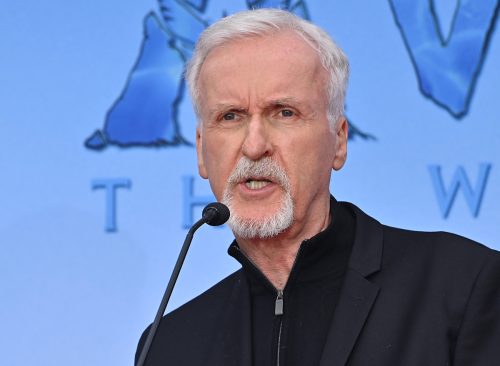
"I'm not a technical expert. I know a little bit about psychology, and I do believe that the Titan accident was a failure of technology, but it was also a failure of psychology, a failure of leadership, a failure of the leadership of OceanGate to have empathy for the team, the task, the technology, the ocean" said Dr. Joe MacInnis, a diving legend and Cameron's mentor. To which Cameron added: "The responsibility. And their responsibility to the people in the sub, which means empathy for the families of the people."
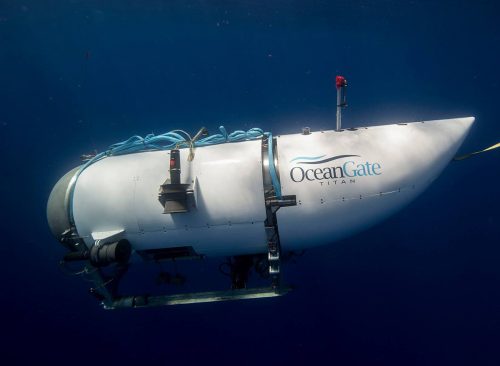
"There was so much magical thinking going on about if carbon fiber is safe," said Dr. MacInnis. "[As if you] don't need a certifying agency to help you make your sub safer, [or as if] repeated dives to the Titanic means that your sub is invincible. All of that was going on. And so I think we've gotta be very careful." Cameron then added what else they forgot—read on.
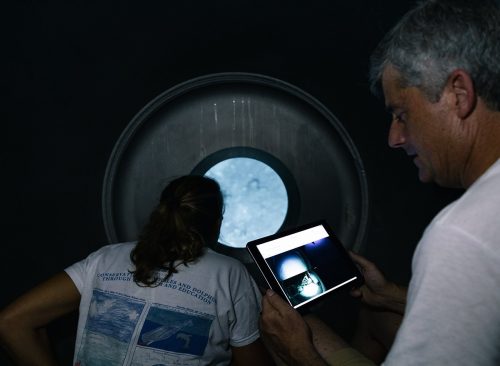
"We forgot humility as well. You know, how can you dive [to the] Titanic without remembering the fundamental lesson—the lesson of the history of Titanic, which is human arrogance and hubris, the pride goeth before a fall. So now there's two wrecks sitting side by side. I believe there's still some of the wreckage down there from the sub. And they both are there for exactly the same reason: The human propensity to believe your own narrative and your own invincibility and not be humble before the environment. If you're going into space, you have to be humble before what space is and how daunting that is. If you're going into the deep ocean, you have to be humble before the force of water, the pressure, the innate challenges of that world and not be arrogant."
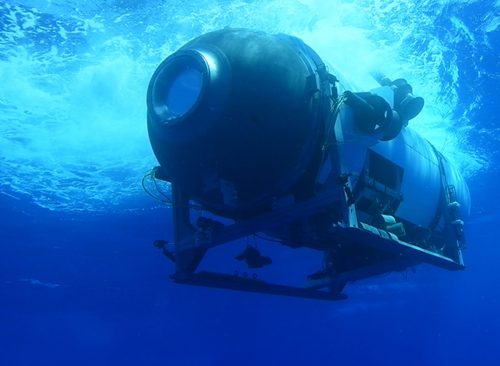
"I get the desire to want to innovate. I get the desire to want to push the boundaries with new technology. But you have to understand the second that you deviate from tried and true ways of doing things, you have to be doubly rigorous. And they clearly were not. So I think it's a lesson about psychology. Very much so. And leadership."
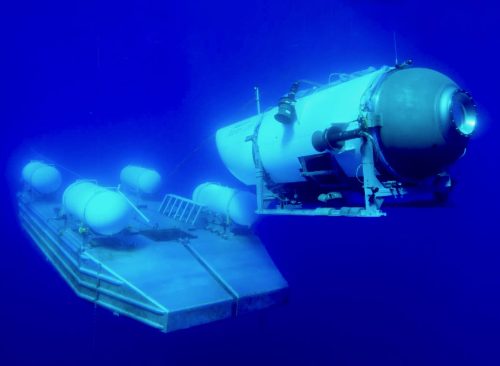
MacInnis inspired Cameron when Cameron was just a teen, with a correspondence."Think about the empowerment factor there. I think as a kid—I grew up in a village of 1,500 people, Chippewa in what's now the greater Niagara Falls area…you don't think such amazing things are possible. I mean, I never could have imagined that I'd be a filmmaker in Hollywood. I never could have imagined that I'd actually work with deep submergence work, that I'd dive to Titanic, that I'd do all the other things. But when you have that moment of empowerment, somebody believes in you, even though they don't even, they haven't even met you, but they believe in you and they believe, all of a sudden the switch is thrown in your head and you believe it's possible as opposed to believing it's not possible."















